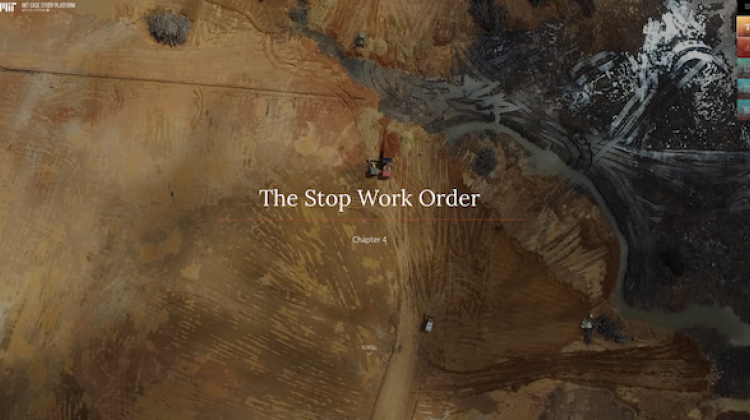Socially Responsible Real Estate Development

The massive Forest City mixed use project, located in Johor Bahru, Malaysia is being developed by one of China’s largest real estate developers, Country Garden Holdings, Ltd. Possible environmental, social and economic impacts of the project have generated substantial controversy, within Malaysia, and internationally, specifically with neighboring Singapore. A team led by Professor Lawrence Susskind is preparing an in-depth analysis of the political, social, ecological and economic aspects of the Forrest City project and the ways in which Country Garden Holdings has responded to demands that it take sustainability seriously. The Forest City Study will provide the basis for a role-play simulation that can be used to help real estate students learn how to better account for sustainable development concerns and interact with angry stakeholders at the local, regional, national and international levels. We are also interested in learning about about the ways that Chinese development companies see their corporate social responsibility (especially when they operate outside of China). The findings and analysis of the team has produced a new massive open online course (MOOC), an innovative multimedia and interactive case study, and a series of journal articles pertaining the evaluation and valuing of ecosystem services.


